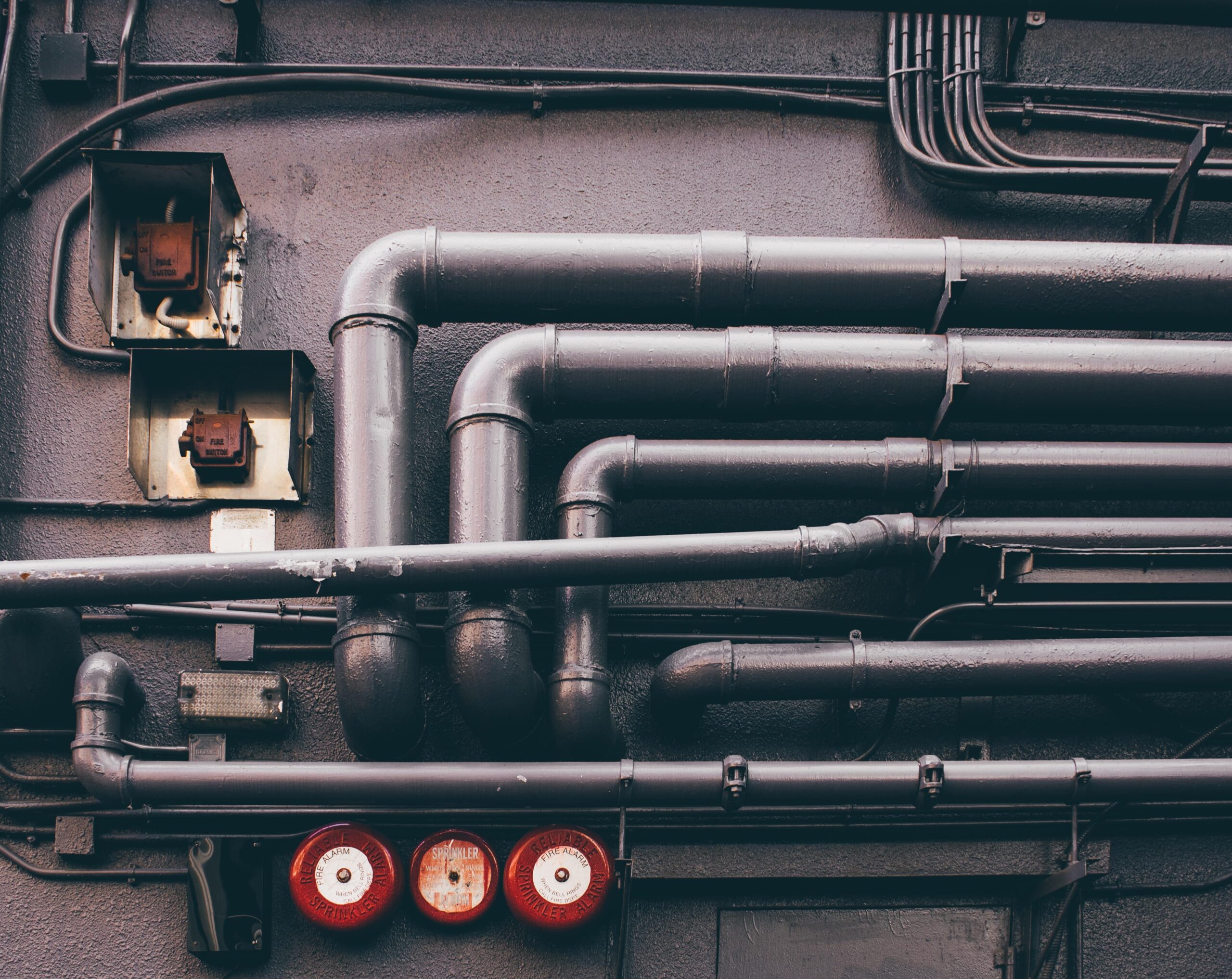European ships continue to export millions of tonnes of fossil fuels from Russia, providing vital funds for Vladimir Putin’s war in Ukraine.
The EU began an export ban on Russian oil exports on December 5. Sanctions were supposed to reduce revenues and, at the same time, persuade European shippers to stop sending fossil fuels to other parts of the world.
A month later, a study by Investigate Europe and Reporters United found that the measure had little effect: Moscow still earns large profits from exports, and European companies still facilitate much of the trade.
Oil, gas, and coal tankers from Europe with a cargo capacity of almost 16 million DWT have made hundreds of voyages since the latest sanctions came into effect. This is 4.0 percent of the DWT of all ships More than 100 of these shipments were destined for European ports.
The trade continues to be dominated byhigh-profile Greek shipowners, while ships based in Germany, Monaco, Cyprus, Denmark, Italy, Norway, and the UK exported last month. The latest investigation in the fuel war series also found that the sanctioned Russian state company Sovcomflot continues to facilitate European trade through links to an entity based in the United Arab Emirates.
Since February 2, Greek shipping companies have dominated the export of Russian fossil fuels ships with a carrying capacity of
64.8 Tonnes of goods have been exported from Russia to other countries.
The total amount is calculated based on the nationality of the ship owner or fund management company.

European trade continues
The December sanctions also include a ban on sea transport to the EU. Also, EU ships, insurance companies, and other commercial intermediaries are not allowed to ship crude internationally unless it is bought within a price ceiling imposed by the West. The ban on Russian coal imports into the EU began in August.
Despite the measures, many European companies continue to profit from removing fossil fuels from Russia. There is no evidence that the transactions were illegal, but Europe’s tenacious trade relations with Russia will eventually add millions of euros to the Kremlin’s war chest.
From December 5 to January 5, 689 shipments of fossil fuels left Russian ports internationally. According to the Center for Energy and Clean Air Research (CREA) and Equasis, 250 trips were made by European tankers. Most of them were offered by European insurance companies.
Greek shipping companies
Greek companies made 161 transactions with tankers with a total value of 12 million DWT, or a third of the total volume of export vessels.
TMS Tankers, controlled by billionaire art donor George Economou, who has a gallery named after him at London’s Tate Modern, has made 11 voyages with vessels of more than one million DWT. At the same time, Minerva Marine, led by Andreas Martinos, started 13 voyages from Russia with a capacity of 1.2 million DWT.
Others include a trio that also controls major Greek media outlets; all criticise the attack.
Avin International, controlled by Vardis Vardinoyannis, who owns two of Greece’s six private television stations, shipped 270,000 DWT of oil to ships after December 5. The company owned by SKAI network owner Ioannis Alafouzos left Russia on January 3 with crude naphthalene for Turkey. (In his second company’s annual report, Alafouzos said he was deeply shocked by the atrocities committed against innocent people in Ukraine and condemned the “aggression of the Russian state.”) Alafouzos also sued a Greek member of parliament who blamed the ship’s owner.
Capital Ship Management, controlled by Evangelos Marinakis, owner of English and Greek football clubs as well as the Mega TV network, had left thousands of tonnes of oil with an unknown destination in Russia four days earlier.Neither company responded to requests for comment at the time of publication.
The Oil sanctions follow the departure of German vessels of nearly one million DWT have arrived from Russia 20 times since the last sanctions came into effect. According to the analysis, crude oil trade is not on the list, but 15 shipments of unspecified petroleum products are sent to the EU. It’s still not illegal. But such agreements are limited by the embargo, and a price cap for petroleum products will come into effect in February.
“I am shocked to learn that European shipping companies and their high-level owners have continued to export bloody Russian oil and gas, and this makes me demand justice,” says Svitlana Romanko, founder and director of the Ukrainian non-governmental organisation Razom. We Stand
“I call on the relevant European officials to immediately investigate and determine whether sanctions are being violated or whether these companies are engaging in illegal activities when they cooperate with Russia.” Between February 24nd and Jan 5th.
The invasion of Ukraine and January 5th, European ships carried half of all DWT fossil fuel ocean shipments from Russia. Greek companies made more than 1,600 voyages with ships of 136 million DWT, or 35% of the global total of 395 million DWT.
Those countries have imported the most Russian fossil fuels since the export ban began.
The graph shows the amount of fossil fuel supplied to each country between December 5th and January 5th.
Kazakhstan Gap
According to CREA, exports to the EU reaching all ships worldwide were 8 million DWT from December 5 to January 5. EU oil imports are now banned, but according to reports, 30 shipments have left the region since the ban began, 18 of which were transported by European tankers.
The sanctions loophole allows such trade if the oil originates elsewhere and is transported only from Russia.
The ports of Novorossiysk and Ust’Luga receive large quantities of oil from Kazakhstan, and 23 of the 30 trades listed in the EU originate from these ports. The Novorossiysk terminal is part of the Caspian Pipeline Consortium (CPC), which sends oil from western Kazakhstan to the Black Sea port via pipeline. It is partly owned by the Russian state; Transneft owns 24 percent of the project, according to the CCP website.
Sovcomflot Evaluation
Russia is now reportedly building a shadow fleet of tankers that could trade under sanctions. Its state shipping company, Sovcomflot, is subject to international sanctions. But in order to continue exporting fossil fuels to the EU, the company transferred control of dozens of its ships to a company registered in the United Arab Emirates.
Investigate Europe found that Sun Ship Management, whose directors include Sovcomflot executives according to the Financial Register of Dubai, made 39 voyages since December 5 on vessels with a DWT of 3.2 million. Among them were seven exports to the EU: four oil deliveries to Greece and one each to Belgium, Poland, and Spain. Sovcomflot unit.
SCF Overseas Holding Limited was the sole shareholder until January 18. Its new shareholder is Star Choice (Hong Kong) Limited. An analysis of the Hong Kong company register shows that Sun Ship Management has two directors, the same individuals believed to be current employees of Sovcomflot. Also, Sovcomflot was still listed as Sun Ship’s “partner and technical team” on its website at the time of publication. Sovcomflot and Sun Ship Management did not immediately respond to requests for comment.
Exports go elsewhere.
Russia currently relies primarily on unauthorised markets for its energy exports, as the amount of goods shipped to Europe is expected to decline in 2022.It came after Western measures targeting the sector, as well as Russian measures against individuals and financing. However, global export volumes remained flat as China, India, and Turkey emerged as growing import markets. Although there is still uncertainty about the final destination of some transactions due to the lack of transparency in the industry, According to CREA’s January press conference, the
Sanctions will take effect. The oil and gas business accounts for 40 percent of Russia’s federal budget, but a combination of an EU ban and price cap and a significant drop in global prices saw December revenues fall to February 2022 levels.
But although losses have started to grow compared to last year’s inflated revenues, according to CREA, Russia still earns 640 million euros per day from exports.
The West has “eliminated the chances of success of its plan,” say some analysts, who say that the lack of a price ceiling for big buyers like China, India, and Turkey is one of the main disadvantages. Another is that the price limit of $60 per barrel is higher than the average price of Russian Urals crude oil.
Source: Investigate Europe, Eu observer




